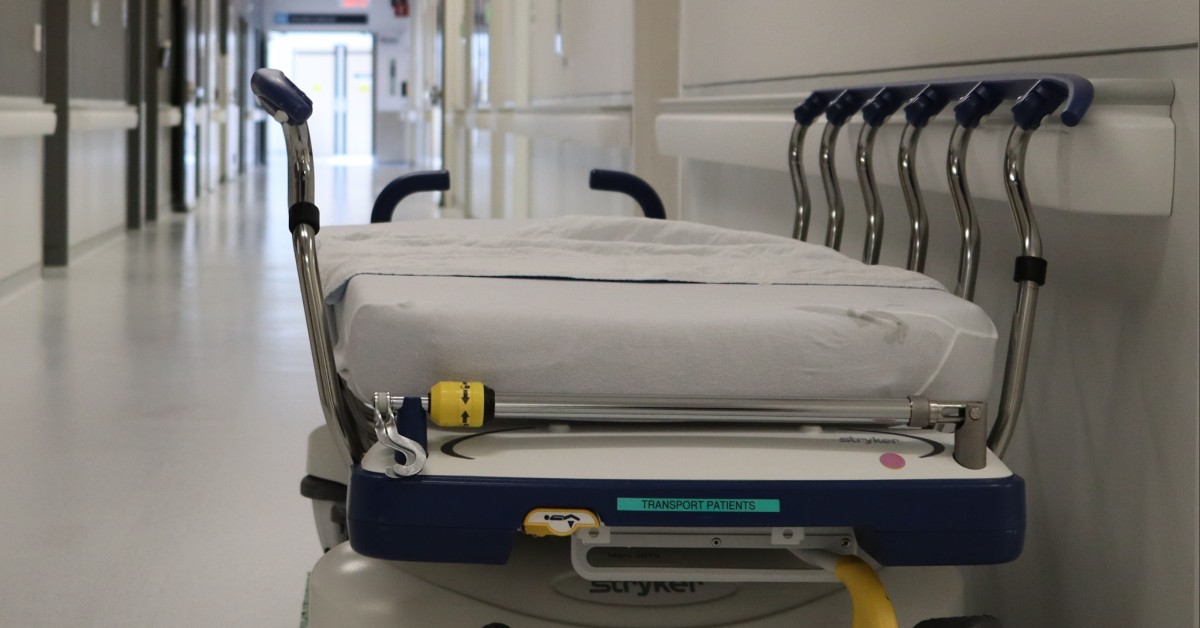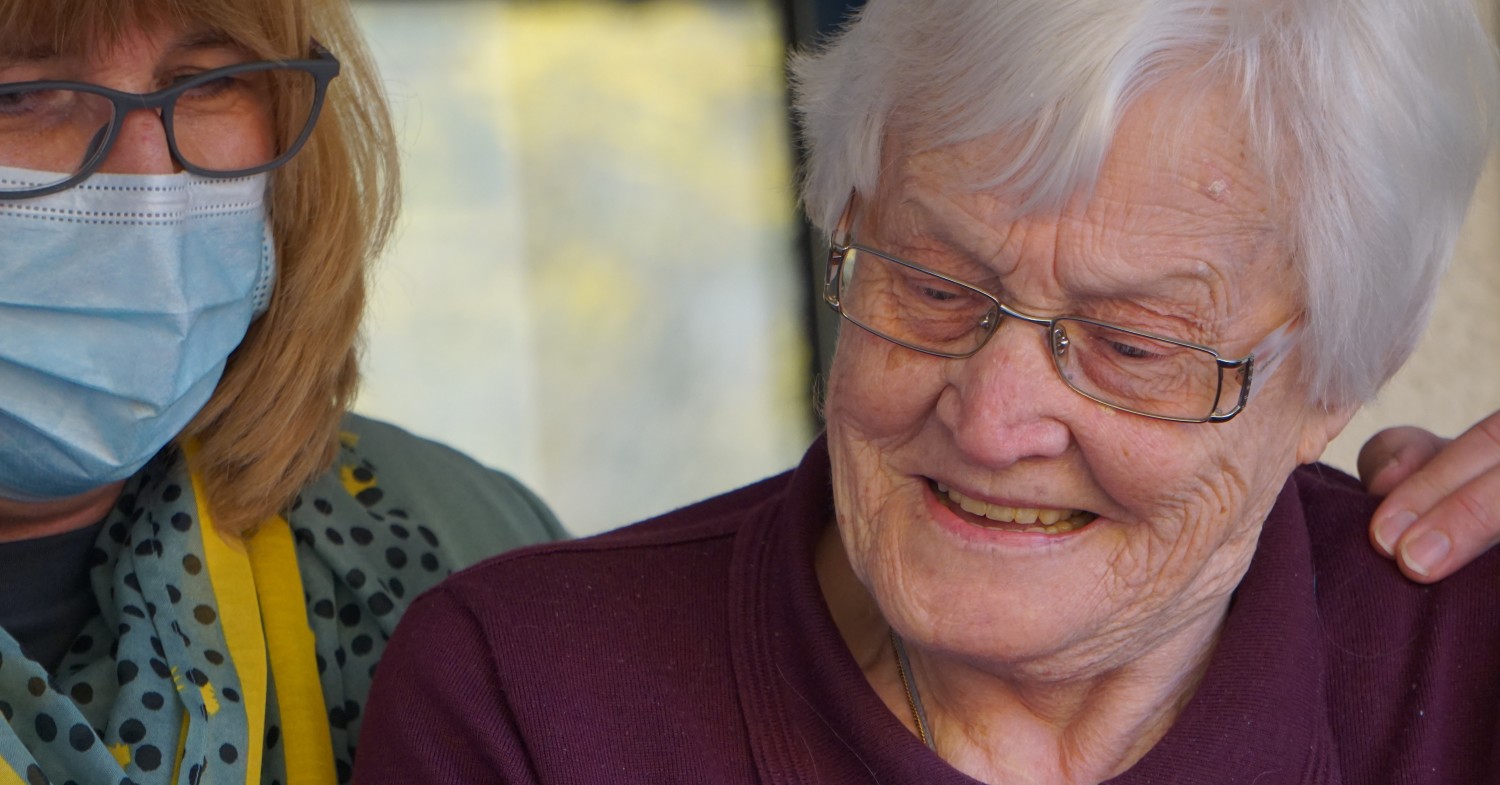
How to Become a Domestic Violence Advocate or Counselor
Domestic violence call centers in the US field 20,000 calls [...]
Having a social worker license is key to practicing as a professional in Virginia. This article is here to provide you with all the correct information you need to know about the Virginia Social Worker License and how to plan your path to get one.
Although there are different people at different levels who have gained some of the criteria needed to be a licensed social worker but do not have all the other requirements to push forward, it is okay, as this article will throw a bit of light on how to go about changing your status quo in whichever areas you have interest.
Firstly, there are some people whom already have a bachelor’s degree in social work. These, after getting their BSW, may practice as entry-level social workers under the supervision of a licensed social worker in Virginia. The path has been made very easy for this group of people. To be better, you can go for master’s in social work. The good news is that there is an accelerated MSW program for students who have already completed their undergraduate degree in social work. These fast-track programs allow students with a BSW to complete their coursework in just one year as opposed to the two years which it takes. An advantage to this is that MSW candidates develop a very deep understanding of the profession and have the opportunity to gain more experience than someone who holds only a bachelor’s. Additionally, those who hold an MSW may earn more money over their lifetime than someone who owns only a BSW and is more likely to work in positions of supervision.
Individuals with a bachelor’s or master’s degree may register as a social worker in the state of Virginia or register as an associate social worker. Your status is already changing. Now, these following steps outline how to obtain a social work license in Virginia if you have a BSW already:
Apply for supervision
If you are hoping to become an LSW later, you must apply to the state of Virginia Board so your supervision can be approved. You need to do this on time as it must be completed before gaining the required experience. Submit an official transcript from your college or university along with the application fee. Note that any experience obtained without the approval of the Board will not be counted toward licensure. The National Association of Social Workers (NASW) Virginia Chapter is a very good resource to find your supervisors and eligible social work agencies to get the required experience you will need for the job.
While in search of a supervisor, bear in mind that he must Possess an MSW and have an active social work license, OR
Obtain the necessary experience
As a licensure candidate who holds a BSW, you must have completed no fewer than 3,000 hours of supervised experience after completing your degree to be qualified. About 100 hours of face-to-face supervision is the primary requirement for BSWs that are seeking licensure. No less than one and no more than four hours of face-to-face supervision must be completed for every 40 hours of work experience. All supervision must be completed within two to four years.
Apply to the state of Virginia
Again, if you are hoping to become an LSW, you must apply to the Virginia Social Work Board certifying that you have met the requirements to become licensed. After that, include the license fee of $100 and the completed Verification of Casework Management and Supportive Services form which has been completed by your supervisor.
Take the ASWB bachelors exam
As a BSW licensure candidate, you must register for and take the bachelor’s level Association of Social Work Boards, or ASWB, exam and pay the required fees. Again, you have to register for the exam through ASWB. After receiving confirmation from ASWB, you can schedule your exam online or by phone. In the state of Virginia, LSW candidates can take the exam before fulfilling the experience requirement by submitting the LSW application online.
Finally, receive your LSW-B license from the Board
After completing these steps, the Virginia State Board will mail you a paper license and certificate. This means that you will be licensed to practice social work in Virginia.
If, however, you have a degree but not in social work, and you wish to be a social worker, you may need to take an exam which will fasttrack you into a program that will serve as experience and equip you with the knowledge people with a degree in social work have already. You should bear in mind that your classes will last longer than that of an individual with a BSC in social work.
Again, if you don’t live in Virginia and would like to be a social worker in Virginia, all you have to do is to apply for endorsement which may be some by the social work board depending on how high your scores are. So the ball is in your court to do extremely well in your exams.
LCSW is the higher license because the LCSWs have master’s degrees and post-master experience. They are also mental health practitioners who may diagnose and treat mental conditions.
The LSW license is awarded to graduates of both bachelor’s and master’s programs. However, bachelor’s graduates have an additional requirement. They need to accrue 3,000 hours of supervised experience before they are eligible. Now for a candidate with a master’s program, these are the requirements and the necessary steps to take to get this licensure.
| University and Program Name | Learn More |
|
Virginia Commonwealth University:
Online Master of Social Work
|
To become a licensed social worker with a Master’s, you must have attended a CSWE-accredited school. One great perk of this is that a Licensed MSW can practice without supervision. Now apart from this; generally LSW candidates with a master’s degree must complete the following steps to earn their licensure:
As an LSW candidate, you must apply to the social work board of Virginia and include their official college transcript and application fee. The fee usually varies because as of October 2015, the application fee was $100. It could be a different thing now so make sure you get the correct information concerning the right amount of money to pay, so you don’t run into problems later.
Once you are approved by the state as a candidate, you must register to take the master’s level ASWB exam and pay the required fees. As of October 2015, the application fee was $25, and the testing fee was $230. So after the registration for the exam, schedule your exam online or by phone.
The ASWB master’s level test is a four-hour, 170 question test. Writers must answer between 93 and 106 exam questions correctly to pass. Only after 90 days can a candidate retake the exam if he or she failed. Those who fail will have to re-register to retake the exam and pay the full exam fee.
After completing the steps above, you will become a licensed social worker in the state of Virginia.
Licensed clinical social workers (LCSWs) have to meet different criteria than LSWs in Virginia. Apart from having an MSW from a CSWE-accredited school, they must take a clinical course of study comprising a 600-hour clinical practicum including diagnostic, prevention, and treatment services. Other steps to becoming an LCSW include:
Before candidates can earn the work experience required for licensure, they must gain approval by the Virginia Board for their supervision. As already established, this is very important. LCSW supervisors must have an active, Virginia state LCSW supplemented by three years of clinical social work experience since obtaining their license. Supervisors should have either taken a three-credit-hour graduate-level supervision program or have 14 hours of continuing education by a Board-approved provider.
Clinical social work licensure students must have completed a minimum of 3,000 hours of supervised experience while having full or part-time jobs. Unlike LSWs, LCSW candidates have to meet with their clients at least 15 hours for every 40 hours of experience.
At least 100 hours of face-to-face supervision is required; between one to four hours of face-to-face supervision must be completed for every 40 hours of work experience. All supervision must be completed within two to four years.
LSW candidates must apply to the social work board of Virginia and include their college transcript and application fee. As of October 2015, the application fee was $100.
After fulfilling the LCSW requirements, candidates must register for the ASWB clinical exam using the same steps outlined for the LSW exam. As of October 2015, the ASWB Clinical exam fee was $260, and the application fee was $25. The clinical ASWB is a 170-question, multiple-choice that requires between 93 and 106 correct answers for a passing score. It is pertinent you pass this exam because candidates who fail the test must wait 90 days to re-apply and will have to pay the application and examination fee again.
After completing the above steps, candidates will be licensed to practice clinical social work in the state of Virginia. This is a great step into the future of being a renowned social worker in Virginia.
Since the issue of how to get the different types of licenses has been tackled, it would be good to comment on a frequently asked question. Most times, people have wondered which states share social work licensure reciprocity with Virginia. This should be known first.
Reciprocity is a system that would allow you to obtain a license in a new state or province because you have a license from another state or province. No state shares that reciprocity because each time you move between states, you will need to provide the new state with much of the same information as the state in which you are currently licensed (transcripts, supervision documents, background information, etc.). The exception may be with your examination scores, more often than not, these are transferable from one jurisdiction to another. A lot of the hassle of providing these materials each time you move can be lessened by joining the ASWB Social Work Registry.
This board takes care of everything you need to know concerning licensure in social work in Virginia. They do well in giving out information to interested candidates, and they have made it easier by providing an online link through which they communicate with the candidates and vice versa.
For the social work exam in Virginia, all you need to do is to get equipped with study packages, which include all the materials and support you need to pass the first time. Study Packages include personal support and consultation to guide you through the exam changes so you’ll be ready for exam day.
The board will send a mail informing you to schedule for an exam date which you can do online. Pay the necessary fees, take your exam, and make sure you pass the first time.
Sources:
State of Virginia license information (retrieved January 31, 2018) https://www.dhp.virginia.gov/social/
Virginia Board of Social Work (retrieved February 2,2018) https://www.dhp.virginia.gov/social/
Questions or feedback? Email editor@noodle.com

Domestic violence call centers in the US field 20,000 calls [...]

Health care systems require social workers to assist individual patients [...]

The average salary for a medical social worker is $62,000, [...]

Palliative care focuses on pain management and relief and other [...]

You need a state license to practice palliative care social [...]
Categorized as: Social Work, Social Work & Counseling & Psychology